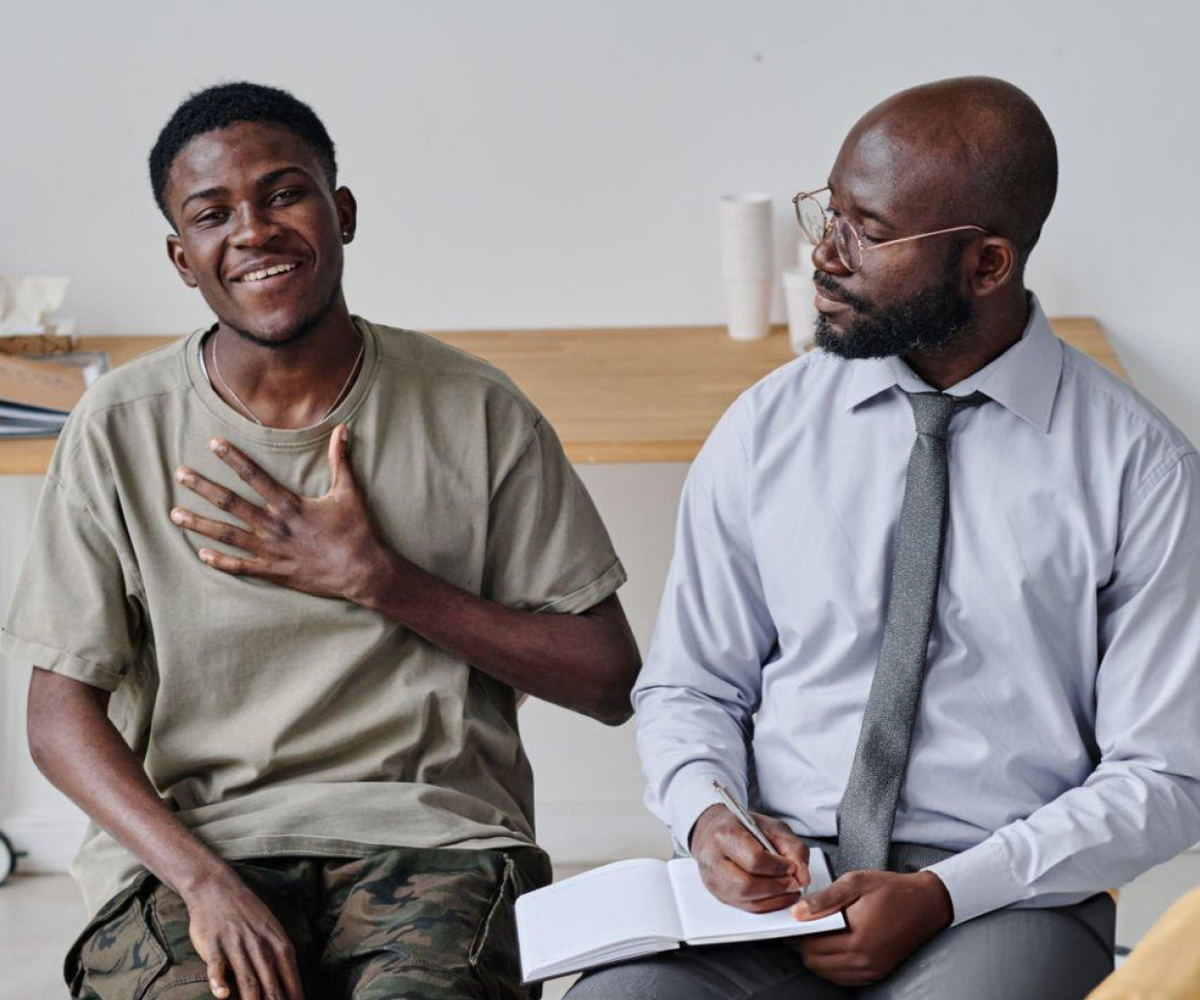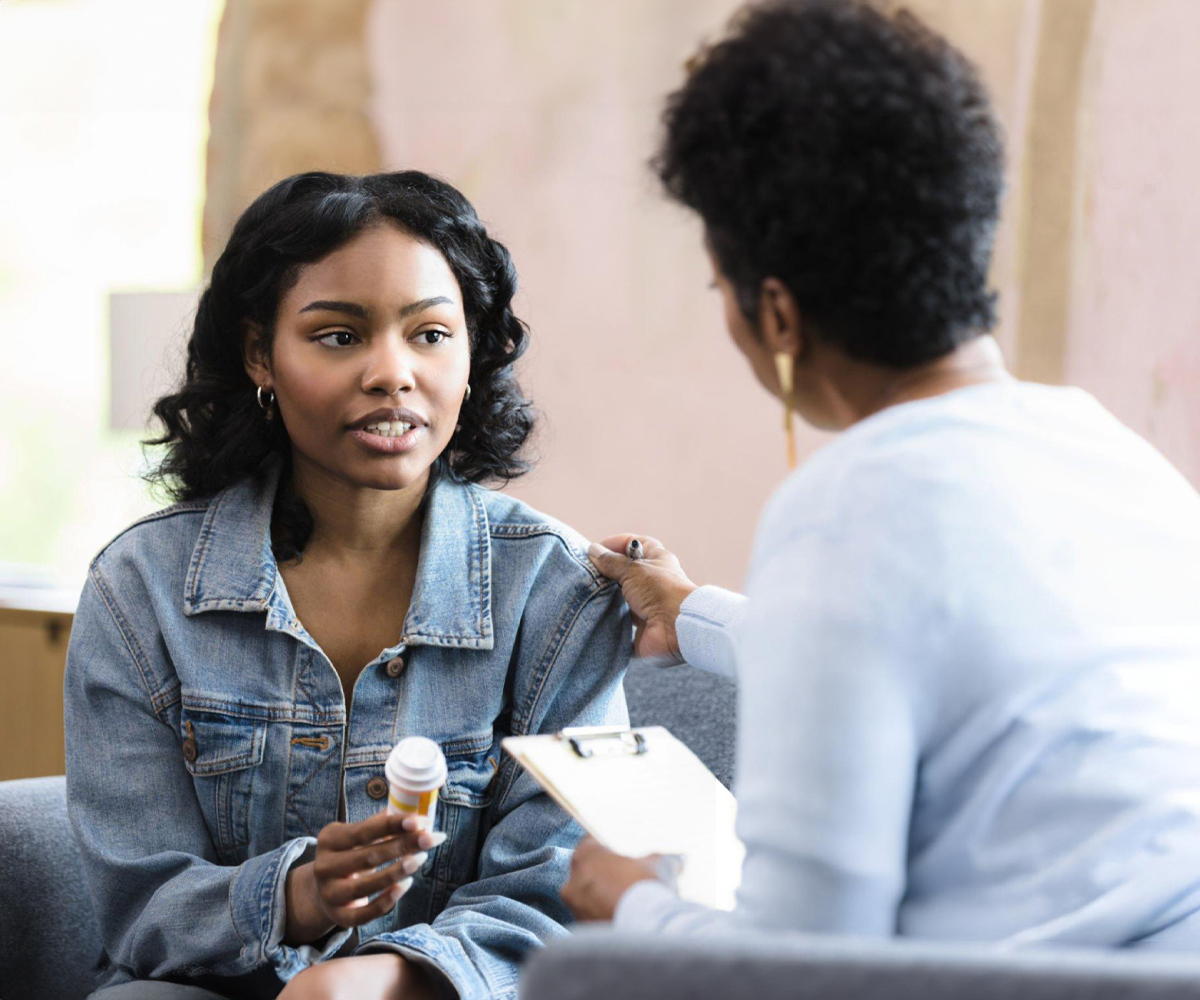Comprehensive Family Program for Addiction Recovery
At WonderPeace Rehabilitation Centre, we understand that addiction is not just an individual struggle—it affects the entire family. When a loved one battles substance use disorder, the emotional toll on family members can be overwhelming. Drug or alcohol addiction may cause your family member to lie, cheat, steal, or act in ways that are completely uncharacteristic of who they are, leaving you grappling with feelings of anger, frustration, anxiety, and deep concern about their future.
Addiction's Impact on the Family
The destructive behaviors associated with addiction can strain family relationships, causing trust to erode and communication to break down. Family members often experience a range of intense emotions, from fear for their loved one’s safety to frustration over failed promises to stop using. These challenges create an unhealthy dynamic within the family, making it difficult for everyone involved to cope with the situation.
Why Family Support is Crucial
Recovery from addiction is not just about the individual abstaining from drugs or alcohol—it’s about creating lasting lifestyle changes. For this transformation to happen, the entire family must be involved in the recovery process. Family members need support, understanding, and guidance to heal and learn how to support their loved one through recovery. That’s why at WonderPeace, we offer a comprehensive family program designed specifically for the spouses, parents, and adult children of those in treatment.
The WonderPeace Family Program
Our family program provides a safe and supportive space where family members can learn about addiction, its effects on the family unit, and how to contribute positively to their loved one’s recovery. Our program includes:
Education on Addiction: We provide family members with a thorough understanding of the nature of addiction, helping them recognize it as a disease rather than a moral failure. This helps reduce blame and encourages empathy.
Therapeutic Support: Family members are given access to counseling and therapy sessions, individually and in groups, to work through their emotions. This is crucial to healing the emotional wounds caused by addiction and fostering open communication.
Communication Skills: Our program focuses on improving communication within the family. We teach healthy ways to express concerns, set boundaries, and offer support without enabling addictive behaviors.
Coping Strategies: Family members learn effective strategies for dealing with stress, anxiety, and emotional fatigue that often arise when living with someone battling addiction. These tools are essential in preventing burnout and maintaining emotional balance during the recovery journey.
Building a Support Network: The program connects families with others going through similar experiences, creating a community of support. This shared understanding helps to reduce feelings of isolation and offers encouragement throughout the recovery process.
The Role of Family in Recovery
Family involvement in addiction recovery increases the likelihood of long-term success. When the family participates in their loved one’s journey to sobriety, it helps rebuild trust and strengthens relationships. Family members also gain the knowledge and skills to create a supportive environment that encourages positive change and sustained recovery.
Healing Together at WonderPeace
At WonderPeace Rehabilitation Centre, we are committed to helping both individuals and their families heal from the damage caused by addiction. Our comprehensive family program is designed to empower families to understand addiction, rebuild relationships, and support their loved one’s recovery journey. By participating in this program, families learn to be a source of strength and encouragement, ensuring their loved one embraces a new, healthy lifestyle.
Recovery is a collective effort, and at WonderPeace, we believe that healing together is the key to lasting change.

Make Appointment

Select Treatment

Get Consultation
Frequently asked questions
Once inpatient treatment is complete, an individualized aftercare plan will be put into place to help navigate the early weeks and months of solo recovery. The aftercare plan will be monitored by a case manager and will include a variety of components, including ongoing therapy and participation in a support group. Other components are based on unique needs and may include help finding a job or safe housing, educational assistance, ongoing monitoring of a co-occurring mental illness, and other programs and interventions.
Pack enough clothes to last you at least a week when heading to a residential treatment center. Laundry facilities are available for your use. Leave electronics and valuables, including jewelry and cash, at home. Bring whatever toiletries you need. You may also want to bring things to do during relaxation periods, such as a book or crossword puzzles. Bringing a journal and plenty of pens is always recommended, as reflecting in a journal is a valuable benefit to recovery.
Most residential treatment programs allow you to have visitors after a period of time. The early days of inpatient rehab are generally focused on getting you settled into a routine and don’t typically include visiting hours. Depending on your program, phone access may be available from the start, although there may be some restrictions.
Most residential treatment programs allow you to have visitors after a period of time. The early days of inpatient rehab are generally focused on getting you settled into a routine and don’t typically include visiting hours. Depending on your program, phone access may be available from the start, although there may be some restrictions.
High quality inpatient treatment programs offer a variety of recreational opportunities, such as sports courts, swimming or workout facilities, TVs, games, and off-site field trips to dine out, catch a movie or go bowling. An important aspect of treatment is learning how to have fun without needing drugs or alcohol, and recreational activities help you develop a new sense of fun and relaxation.
